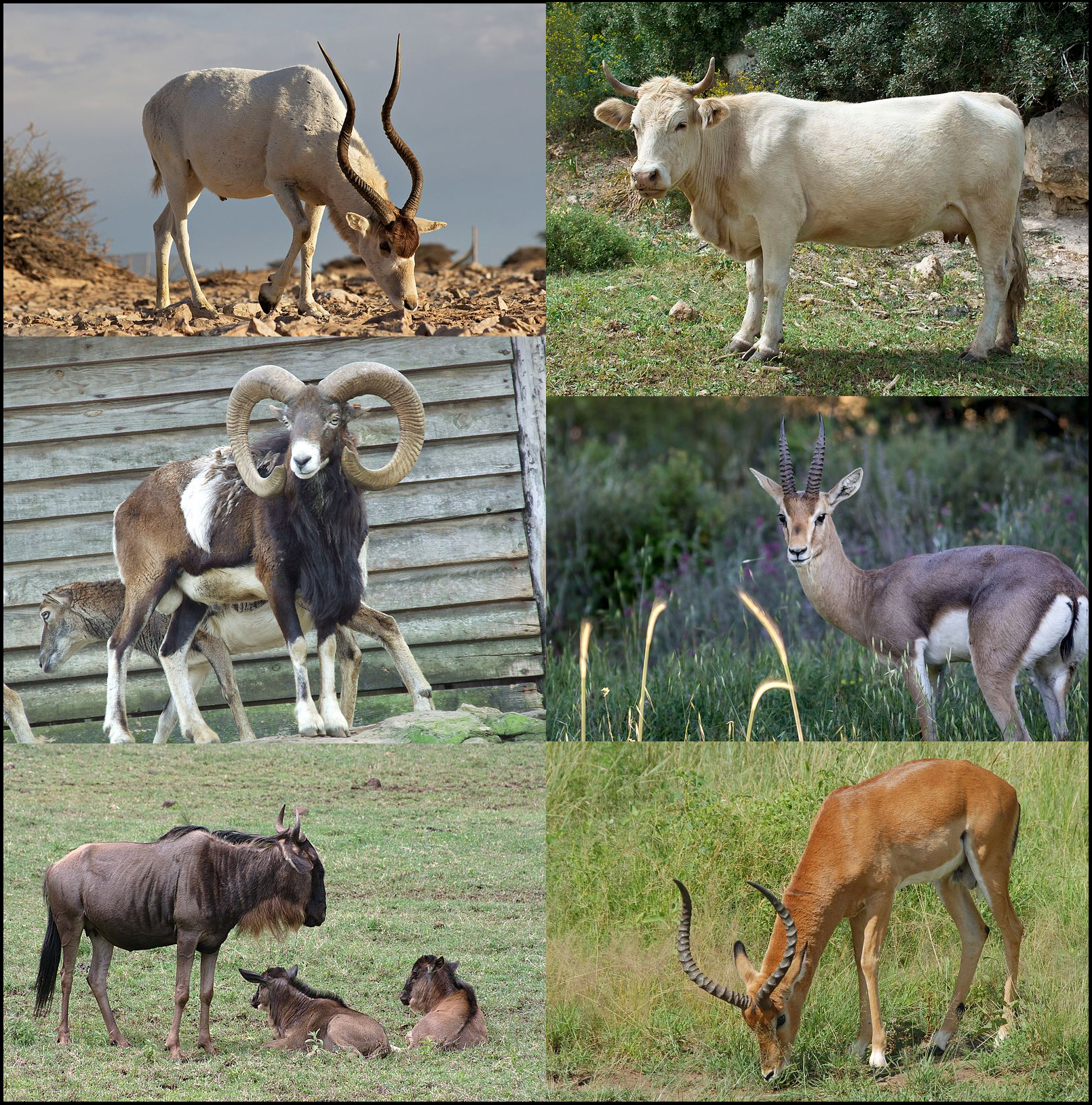Since “kind” is not a scientific term there is no need to answer. Perhaps you care to rephrase?
****************************************************
The created kind is a specific scientific term, corresponding in general to the taxonomic rank of family, but without all the evolutionism baggage. The most well-known kind is the human kind, aka, humankind. Other kinds include dogs, cats, finches, beetles, bacteria, and so forth.
The rule of thumb is, a plant or animal never naturally strays genetically outside its created kind. There is a genetic barrier, or boundary, that keeps them within their respective kinds, as explained by this writer for Phys.org:
“In analysing the barcodes across 100,000 species, the researchers found a telltale sign showing that almost all the animals emerged about the same time as humans...Which brings us back to our question: why did the overwhelming majority of species in existence today emerge at about the same time?... another unexpected finding from the study—species have very clear genetic boundaries, and there’s nothing much in between. “If individuals are stars, then species are galaxies,” said Thaler. “They are compact clusters in the vastness of empty sequence space.” The absence of “in-between” species is something that also perplexed Darwin, he said.” [Hood, Marlowe, “Sweeping gene survey reveals new facets of evolution.” Phys.Org, May 28, 2017, pp.3-4]
https://phys.org/news/2018-05-gene-survey-reveals-facets-evolution.html
That research implies what the book of Genesis says: 1) that animals and humans arrived on the scene about the same time; and 2) that animals multiply after their respectives kinds.
Biochemist Michael Behe explains the boundary in more detail in his latest book:
“Darwin rightly touted natural selection as relentless, as ‘daily and hourly scrutinising... every variation, even the slightest; rejecting that which is bad, preserving and adding up all that is good.’1 Yet, since the mechanism has no foresight, and since in many circumstances the random damaging of genes can be helpful to an organism, then selection ‘adds up’ those degradative changes only in the sense that broken pieces of machinery might be added to a growing pile of junk. Its inexorable predilection to hastily squander genetic information for short-term gain—encapsulated by the First Rule of Adaptive Evolution—guarantees that Darwin’s mechanism is powerfully devolutionary and explains why unguided evolution is self-limiting. Ironically, random mutation and natural selection do help form new species and new genera, but chiefly by promoting the loss of genetic abilities. Over time, dwindling degradatory options fence in an evolutionary lineage, halting organismal change before it crosses the family line.” [Behe, Michael J., “Darwin Devolves.” HarperOne, 2019, Chap.10]
I hope that helps.
Mr. Kalamata
Kalamata:
"The created kind is a specific scientific term, corresponding in general to the taxonomic rank of family, but without all the evolutionism baggage. " By definition "the created kind" is a non-scientific term referring to supernatural creation, and therefore has no place in natural-science.
The taxonomic rank of family goes back to the 1700s and refers to genera with similar characteristics, but there is no strict definition:
"What does or does not belong to a family — or whether a described family should be recognized at all — are proposed and determined by practicing taxonomists.
There are no hard rules for describing or recognizing a family..."
An example of a taxonomic family is Bovidae, meaning cattle & related.
The Bovidae family includes:
- eight sub-families with
- 51 genera which have
- 143 living species plus
- 300 known extinct species identified by fossils dated as far back as
- 20 million years ago.
Bovidae as a group would appear to have no correlation to biblical "kinds".
Here are six species (of 143) of the bovids' family:

